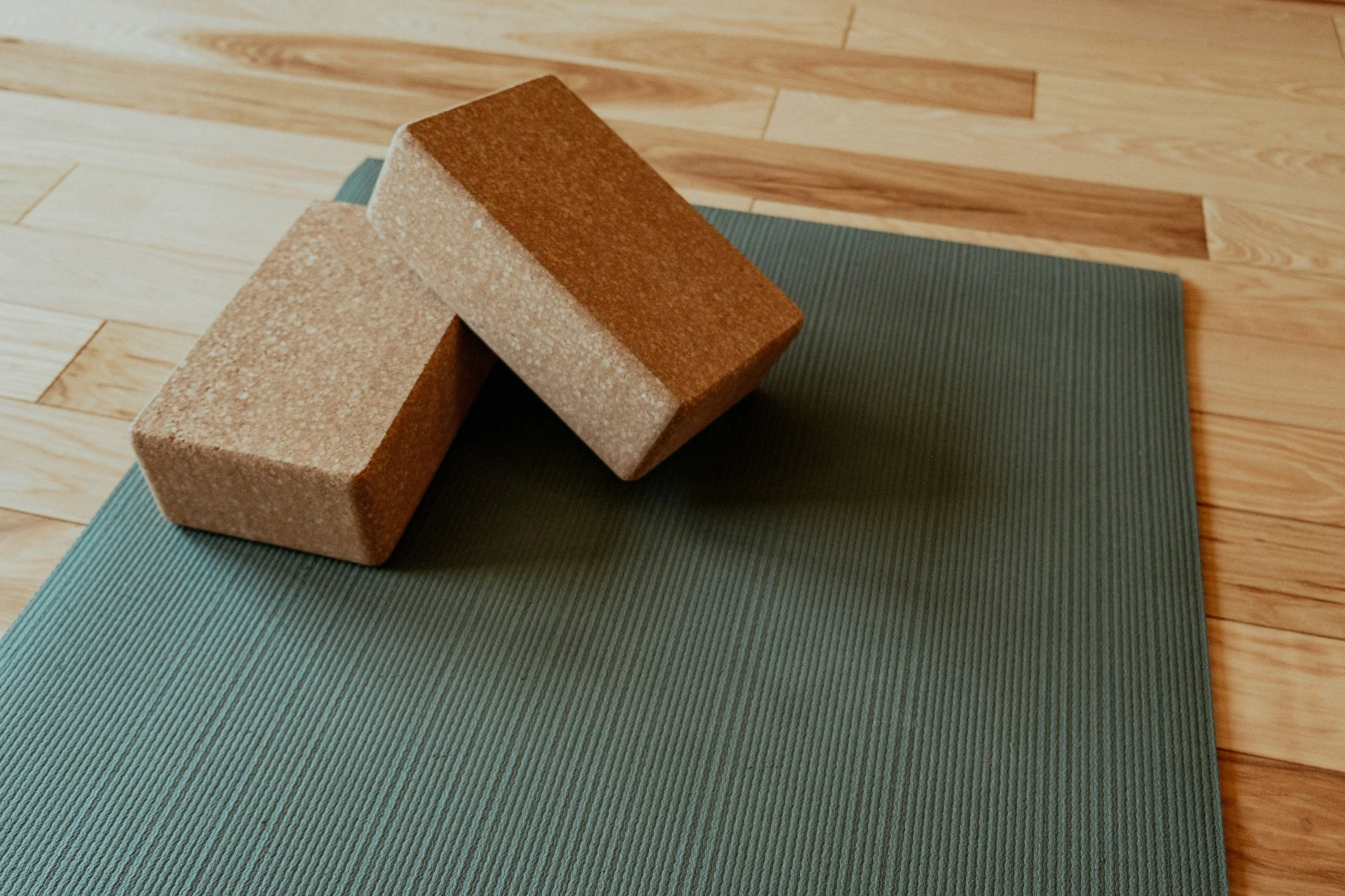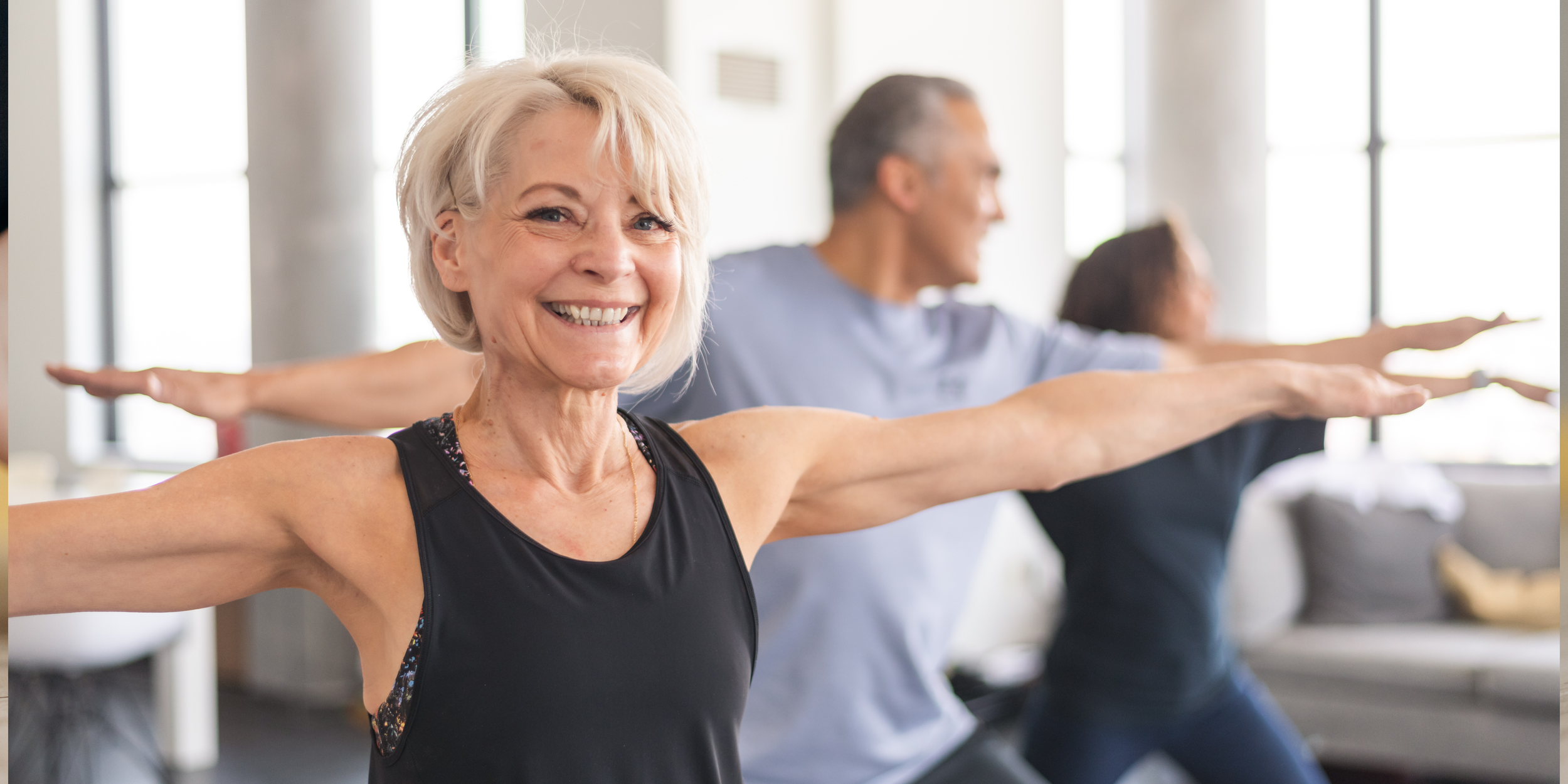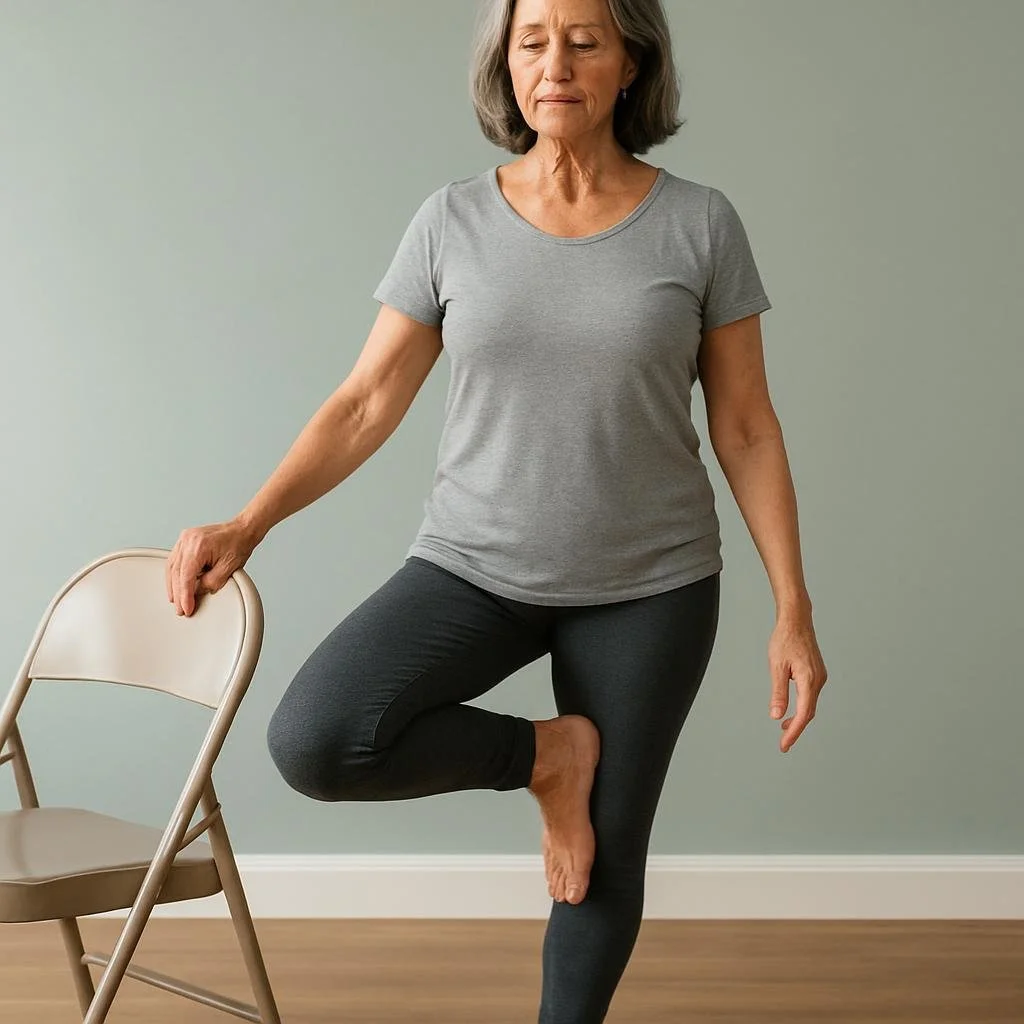
Wellness That Meets You
Where You Are.
A grassroots approach to holistic health — uniting yoga movement, mindfulness, and modern therapies to ease pain, enhance functional movement, improve balance, and promote sustainable whole person wellness.
We have created a wide variety of group yoga classes that range from extremely gentle chair yoga for fragile bodies to invigorating strength-based yoga and everything in between.
Join your first class for FREE at our wellness studio today!
What our clients have to say.
Exploring the Integral Role of Yoga in Modern Healthcare: Five Evidence-Based Perspectives
-
Read the full essay here.
The Relevance of Yoga to Mental Health: An Evidence-Based Perspective
In an era defined by increasing rates of anxiety, stress, and depressive disorders, the search for effective and accessible mental health interventions is more urgent than ever. While conventional treatments like psychotherapy and medication are cornerstones of care, there is a growing interest in complementary practices that address the holistic nature of human well-being. Yoga, an ancient practice originating in India, has emerged as a powerful, evidence-based tool for supporting mental health. Integrating physical postures (asanas), controlled breathing (pranayama), and meditation, yoga offers a unique mind-body approach that directly counteracts the physiological and psychological underpinnings of mental distress. …
-
Read the full essay here.
The Asana of Aging: How Yoga Contributes to a Longer, Healthier Life
The human quest for longevity is as old as civilization itself. While genetics play a role, a growing body of scientific research suggests that our lifestyle choices are profoundly influential in determining not just our lifespan (how long we live) but, more importantly, our health span (how long we live well). Among the practices gaining scientific validation for its pro-longevity effects is the ancient discipline of yoga. Far from being a mere exercise routine, yoga’s integration of physical postures (asana), breathwork (pranayama), and meditation provides a holistic mechanism for mitigating the key drivers of aging: chronic inflammation, cellular decline, and stress. …
-
Read full essay here.
The Holistic Impact of Yoga on Quality of Life: A Scientific Perspective
In the search for well-being, "quality of life" (QoL) has emerged as a critical measure, encompassing an individual's physical health, psychological state, social relationships, and personal beliefs. In parallel, the ancient practice of yoga, once viewed primarily as a spiritual discipline, has gained widespread recognition as a powerful mind-body intervention. Modern science is increasingly validating what practitioners have known for millennia: yoga, through its unique integration of physical postures (asanas), breath control (pranayama), and meditation, offers a robust and accessible method for significantly enhancing an individual's overall quality of life. …
-
Read full essay here.
The Interwoven Path: How Yoga Addresses the Complexity of Pain
Chronic pain is one of the most pervasive and debilitating public health issues of the modern era, affecting more individuals than heart disease, diabetes, and cancer combined. It is a complex phenomenon that transcends a simple physical sensation; it is a biopsychosocial experience that intertwines physical dysfunction with emotional distress, social isolation, and a diminished quality of life. Consequently, effective management requires more than just a pill. It demands an integrated approach that addresses the whole person. Yoga, an ancient mind-body practice combining physical postures (asanas), breath control (pranayama), and meditation, is emerging as a potent, evidence-based modality for managing chronic pain by targeting its physical, neurological, and psychological roots. …
-
Read full essay here.
The Converging Paths of Practice and Protection: Yoga's Relevance in Alzheimer’s and Dementia
Alzheimer’s disease (AD) and related dementias represent a growing global health crisis, characterized by progressive neurodegeneration that erodes memory, cognition, and, ultimately, personal identity. With pharmacological treatments offering only symptomatic relief, the scientific community has increasingly turned its focus toward preventative and adjunctive therapies. Among these, the ancient mind-body practice of yoga has emerged as a compelling, low-cost, and accessible intervention with a growing body of scientific evidence supporting its relevance in protecting cognitive health.




